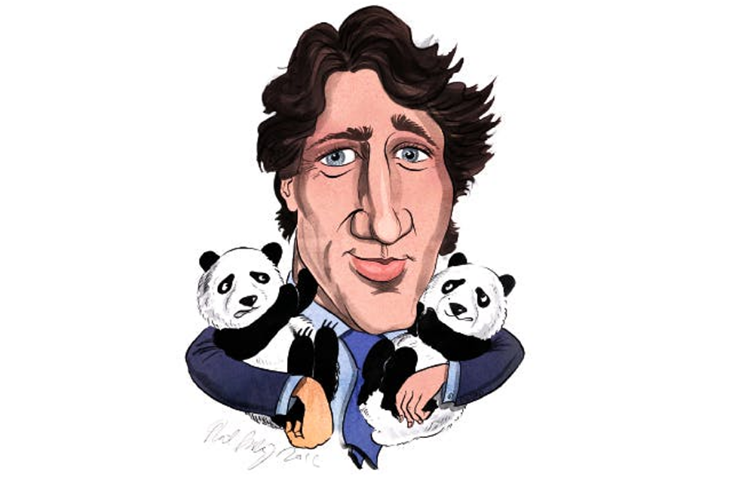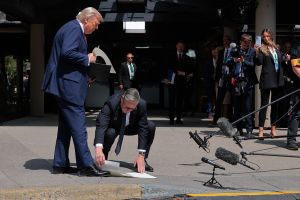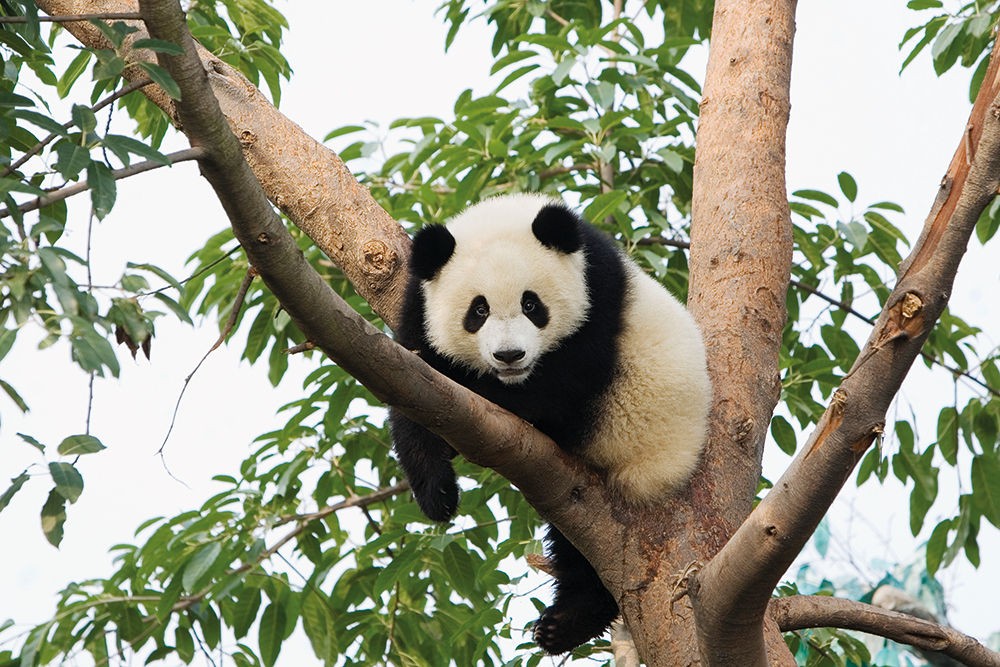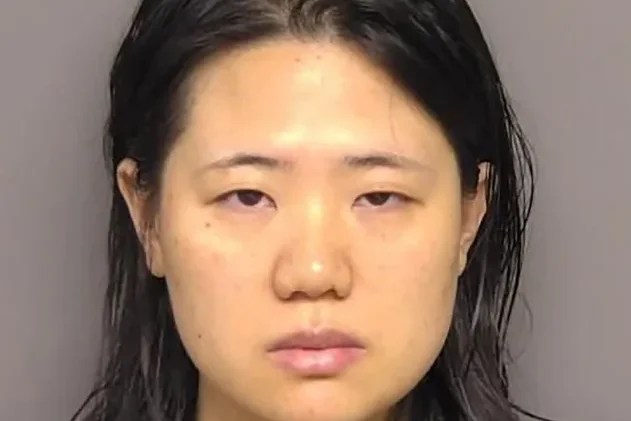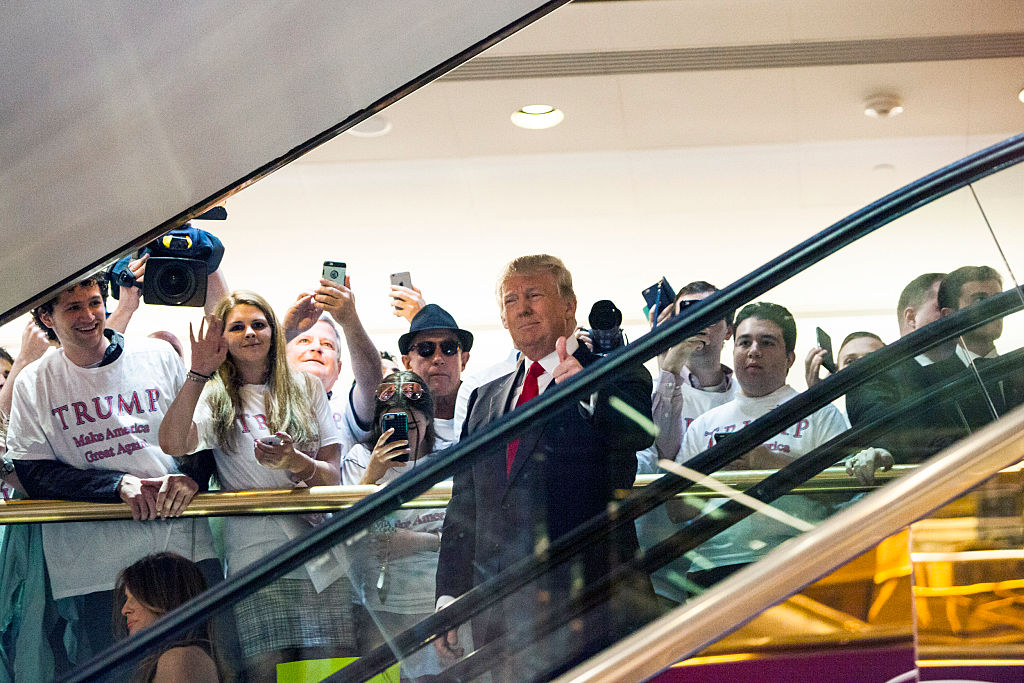It’s been a sticky couple of weeks for Canada’s natural governing party, as the Liberals like to call themselves. Anonymous sources from CSIS, Canada’s intelligence agency, leaked information to two major Canadian media outlets, the Globe and Mail and Global News. The reports say China interfered in Canada’s two most recent federal elections, and that CSIS alerted the government, but that despite warnings the Liberals — who won both elections with a minority government — did nothing.
It’s simultaneously a crisis for the Liberals and a bit of a yawn. Canadians already knew Justin Trudeau was soft on China’s “basic dictatorship.” If there was to be foreign interference from one of the most aggressive world powers on the map — and why wouldn’t there be? — they wouldn’t expect him to stand up to it.
As journalist Terry Glavin wrote for the National Post:
The contested details about Beijing’s election-monkeywrenching operations in 2019 and 2021 are almost irrelevant. The Liberal party that arrived on the scene with Trudeau at the helm in 2015 was for all intents and purposes the political wing of the Canada-China Business Council.
All very true. But if this incident should turn out — as it theoretically could, given its clumsy handling so far — to be the beginning of the end for Trudeau, the details might be worth a look.
In the 2021 election, according to reporters for the Globe and Mail who reviewed the leaked information, China intervened to keep a Liberal minority government in power — seen as the least prejudicial scenario for Chinese interests — and to prevent the election of anyone critical of Beijing, such as Conservative MP Kenny Chiu.
Chiu had criticized the crackdown on the Hong Kong protests, but more significantly, he introduced a private member’s bill to establish a registry of foreign agents (something the US has had in place since 1938). He lost his seat to a candidate reportedly preferred by Beijing, and was identified in the leaks as the target of a disinformation campaign.
Erin O’Toole, Conservative leader at the time of the 2021 election, said his party lost eight to nine seats because of disinformation from China. These disinformation campaigns — according to the CSIS leaks — were spread by leveraging Chinese-Canadian organizations, Chinese-language media outlets and Chinese social media network WeChat.
Methods used to support the campaigns of preferred candidates reportedly included undeclared cash donations and getting pro-Beijing organizations to hire Chinese international students, then assign them to volunteer full-time for the campaign. In other cases pro-Beijing Canadians were allegedly encouraged to donate large amounts, claim the tax credit, and have the campaign illegally refund the difference.
As for the 2019 election, Global News published allegations from an unnamed CSIS source that China intervened on behalf of eleven candidates — nine Liberals and two Conservatives — and that the Chinese consulate in Toronto had transferred substantial funds to their campaigns via a large interference network.
But perhaps the most serious claim in the 2019 context was that sitting Liberal MP Han Dong knowingly participated in the foreign interference network, along with politician Michael Chan, who has been described as a longtime “kingmaker” within the Liberal party. Both Dong and Chan have denied the allegations.
The CSIS leaks say that Liberal government officials were warned about Dong ahead of the nomination deadline and were given the opportunity to choose another candidate. Nothing was done. Asked about the warning, Trudeau replied “It is not up to unelected security officials to dictate to political parties who can or cannot run.” (This is technically true, but better CSIS than Beijing!)
This wriggling on the hook has defined the prime minister’s response to the situation so far. He’s played the anti-Asian racism card, he’s claimed unidentified “inaccuracies” in the leaks — and he’s tried to deflect the negative attention on CSIS, saying they should “do their job and keep their secrets and function as a responsible agency.” Despite mounting pressure, including from parliament, Trudeau has so far refused to launch a public inquiry.
Crying racism and deflecting are both classic Communist Party moves, say Chinese Canadians who believe — with good reason — that a public inquiry into foreign interference would benefit their community. In late 2022, it was reported that Beijing was running “Chinese police stations” in Canada, covert operations in Toronto and Vancouver targeting members of the Chinese diaspora.
If the allegations turn out to be true, could it bring about the government’s downfall? One can always hope. But it’s unlikely.
Trudeau is Canada’s Man of Teflon. No faux-pas, no scandal, no conflict of interest sticks to his impervious coating. He can wear blackface; he can freeze bank accounts of citizens convicted of no crime; he can hand out multi-million-dollar contracts to his friends; he can go on vacations paid for by government lobbyists; he can elbow female MPs in the House of Commons; he can sell his time to billionaires hoping to influence policy in cash-for-access fundraisers. Outrage explodes, then wanes. Trudeau remains.
This article was originally published on The Spectator’s UK website.



